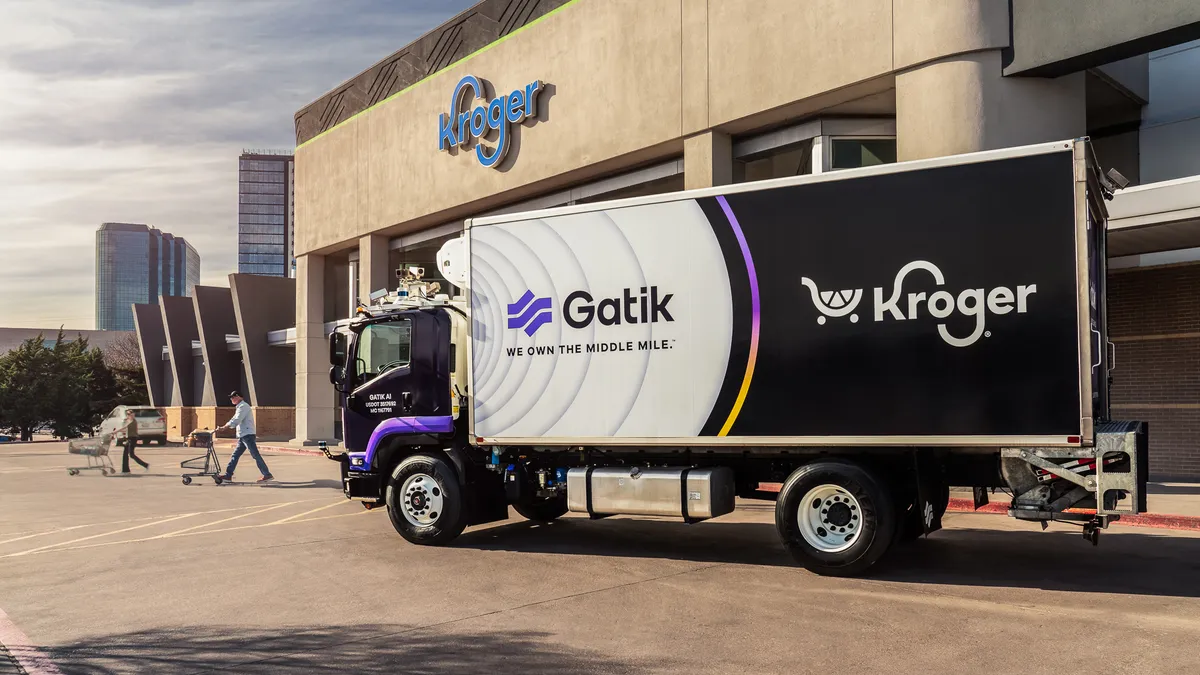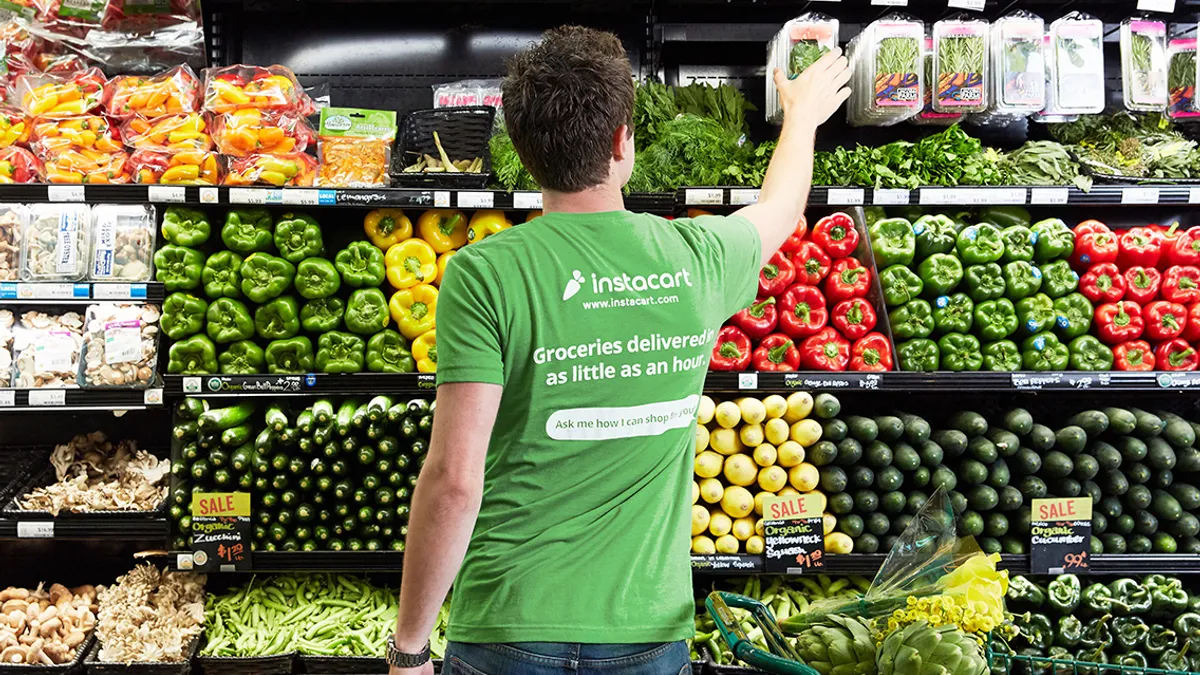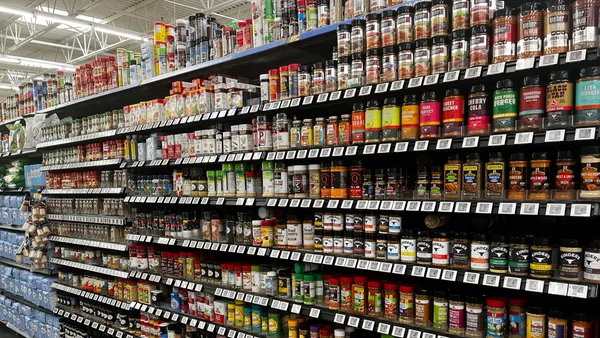The Friday Checkout is a weekly column providing more insight on the news, rounding up the announcements you may have missed and sharing what’s to come.
Automation claimed the spotlight in the grocery sector this week with at least five separate announcements from four companies highlighting just how many facets of the industry technology, robotics and artificial intelligence can cover.
While all of the automation announcements this past week aim to improve customer service in some way, nothing is front and center for shoppers quite like self-checkout. Sprouts Farmers Market CEO Jack Sinclair and CFO Chip Molloy partook in the annual UBS Global Consumer and Retail Conference on Wednesday to discuss new store formats, technology and other company initiatives.
During the fireside chat, Molloy noted that Sprouts would be adding more self-checkout stations to its stores to foster a better customer experience. Sinclair added that while self-checkout stations aren’t at traditional farmers markets — an experience Sprouts tries to emulate for its customers — self-checkout helps the grocer navigate the challenge of rising labor costs as well as satisfy customers with smaller baskets who want to be in and out of the store quickly.
Another retail sales floor development is BJ’s deployment of autonomous aisle-scanning robots from Simbe Robotics to all of its locations. The club retailer announced the addition of “Tally” on Wednesday and said the robot uses computer vision-driven cameras to collect images of items on shelves to record and track stock levels, make sure products are in the correct location and surveil prices.
Though not a piece of equipment customers will be interacting with, Tally is bound to become a common sight in BJ’s locations while bettering the customer experience by improving merchandising and stocking.
Kroger, meanwhile, this week pointed to two behind-the-scenes automation efforts it is expanding to boost e-commerce. On Wednesday, the grocer announced it is deploying driverless trucks to the Dallas market in partnership with autonomous vehicle supplier Gatik. The trucks will transport goods between an automated e-commerce warehouse to numerous grocery stores in that area.
The grocer is also leaning into growing its retail media network and Ocado partnership to make a profit through e-commerce, Chairman and CEO Rodney McMullen said Wednesday during the Bank of America Consumer and Retail Conference. McMullen said he believes that online operations can match margins generated by the company’s traditional grocery business.
In a separate development, United Natural Foods, Inc. is plowing ahead with a “transformation agenda” that makes tech a key component after reporting that net income and earnings per diluted share both nosedived more than 70% in its latest quarter. Starting in a Washington distribution center, the company is implementing robotics powered by artificial intelligence and software automation as well as new scanning technology, with plans to expand the usage of those systems.
Automation is a necessary step grocery companies are taking in order to remain relevant and competitive. The announcements from grocers this week highlight how automation can not only improve customer experiences and efficiency on the retail floor, but also improve supply chain management and streamline other processes.
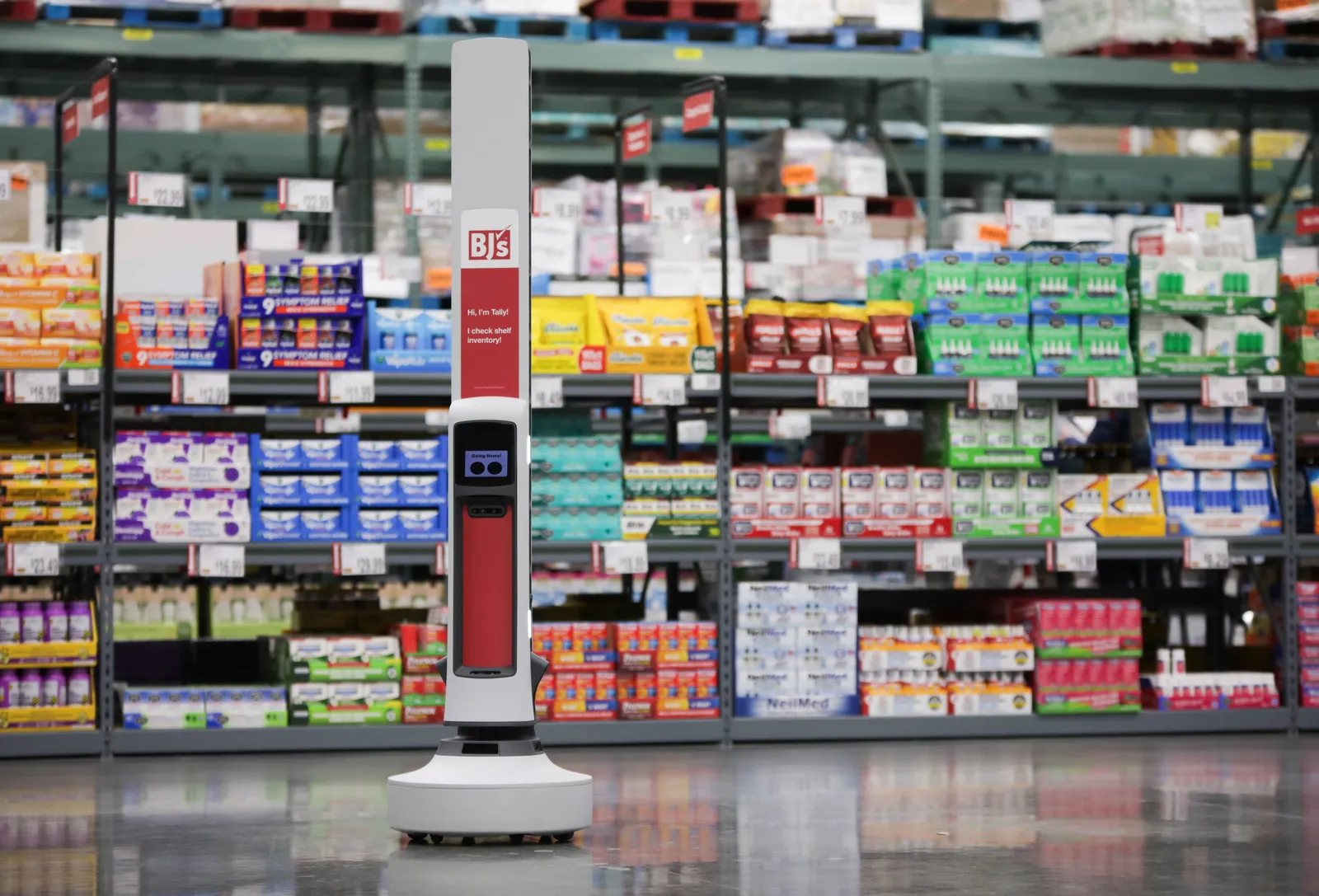
In case you missed it
Proposition 22
The California law, which allows app-based transportation and delivery companies to classify their drivers as independent contractors rather than as employees, has mostly survived the latest part of the legal challenges waged against the voter-approved 2020 ballot initiative.
A California appeals court reversed most of a 2021 ruling invalidating Prop. 22, allowing the law to stand but striking down a few provisions, per the Los Angeles Times. The ruling is expected to be appealed to the state’s Supreme Court, the paper noted.
The Los Angeles Times noted that the legal fight over Prop. 22 is surprising according to experts who follow California’s ballot initiative process and say the state’s courts don’t often like to challenge voter-approved laws.
Strategies for geographic competition vary among Midwest grocers
A new Placer.ai report about grocers in the Midwest notes how several chains have taken different approaches to competing in local markets.
Being the most-visited chain in a state is one strategy, but not the only one, the report notes. Meijer, for example, claimed the most visits in its home state of Michigan and came in second place in Ohio and Indiana and third place in Illinois. Hy-Vee, similarly, holds the No. 1 spot in Nebraska, South Dakota and Iowa, and second place in Kansas, Minnesota and Missouri.
While Aldi is not the most-visited chain in any of the states Placer analyzed in January, the discounter has instead focused on becoming well-entrenched regionally without dominating any one local market.
In the Dakotas, some grocers have focused on concentrating their store base, like Hornbacher’s, while others have spread out, such as Cash Wise Foods. Avoiding competition altogether between each other, Safeway has focused on the western half of South Dakota, while Hy-Vee has claimed eastern South Dakota and Sioux Falls, the state’s biggest city, Placer noted.
Trader Joe’s union reports progress in talks with grocer
Trader Joe’s United has signed its first tentative agreements with the specialty grocer regarding working conditions at a store in Hadley, Massachusetts, where workers voted last year to become the retailer’s first unionized employees, according to a series of Tuesday tweets by the labor organization. The accords are related to issues including jury duty and military leave, the union said, noting that it “had movement where we did not before, and that’s something to celebrate.”
The union also said Trader Joe’s had agreed to provide workers across the chain “who feel misgendered” with name tags featuring their pronouns, adding that it believes the new policy is “a direct response to the work we have done at the table.”
But Trader Joe’s United indicated it is disappointed with how Trader Joe’s has responded to other priorities it has raised, including paid time off, wages and fringe benefits. The grocer has proposed giving workers in unionized stores the same amount of time off as employees in non-unionized locations and wants to keep starting wages where they are, the union said. Trader Joe’s has also proposed removing unionized workers from its retirement plans and contributing an unspecified amount to new union-run plans, Trader Joe’s United said.
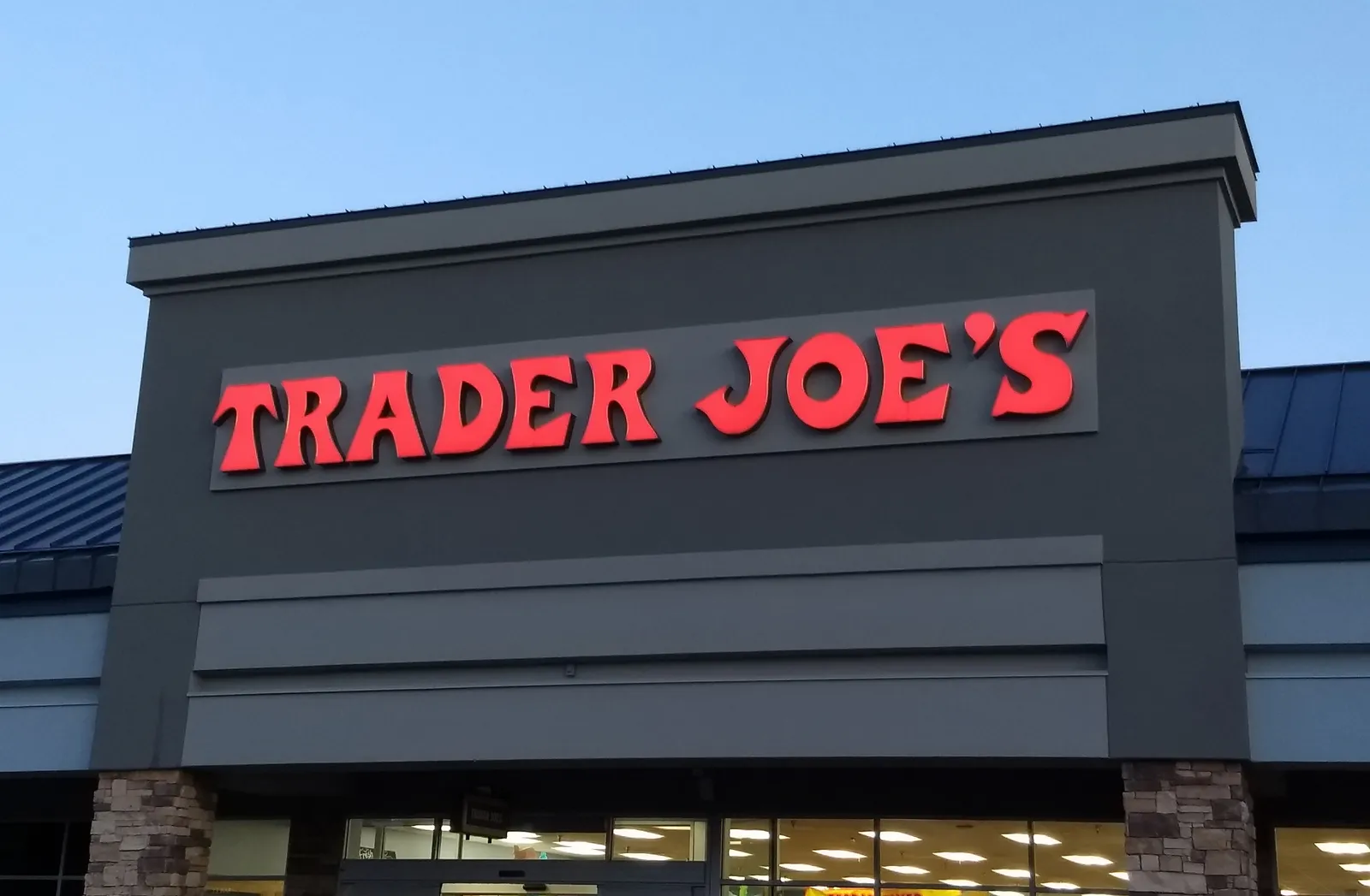
Number of the week: $100 million
That’s the amount Dollar General plans to spend on its stores, primarily aimed at boosting staffing levels, in fiscal 2023. The discounter, which had 19,147 stores as of March 3, has been under pressure from regulators to improve safety conditions for workers in its locations.


